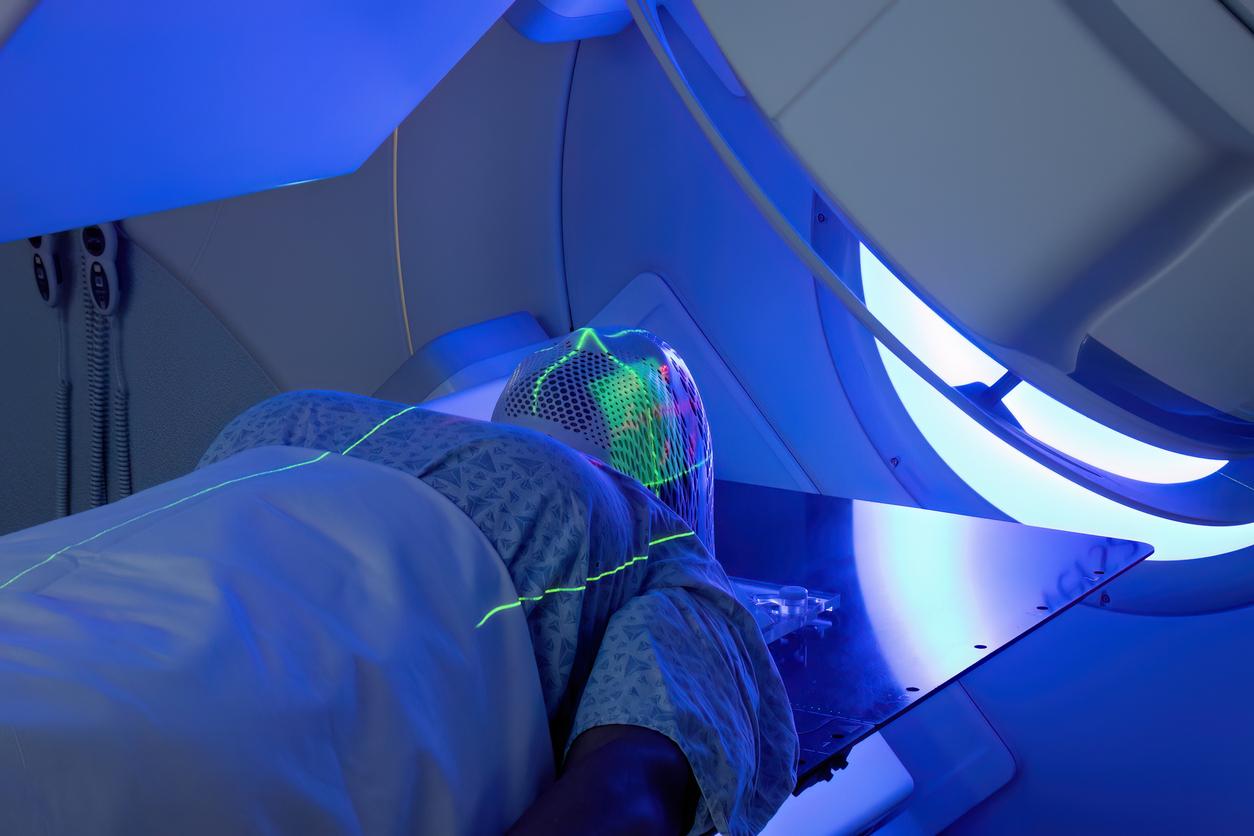Tattoos may increase the risk of developing cancer of the lymphatic system, also called lymphoma, according to a new study.

- A new study suggests that tattoos could be a risk factor for cancer of the lymphatic system.
- The risk of developing lymphoma was 21% higher among people with tattoos, researchers found.
- The research group will conduct further studies to determine if there is a link between tattoos and other types of cancer.
Do tattoos have any effect on long term health? Few studies and researchers have worked on the subject. So, to answer this question, a team from Lund University followed tattooed people. She then spotted an association between tattoos and lymphoma: they could be a risk factor.
His discovery was detailed in an article, published in the June 2024 issue of the journal eClinicalMedicine.
Lymphoma: tattooing increases the risk by 21%
The study brought together 11,905 people, 2,938 of whom had lymphoma between the ages of 20 and 60. 1,398 patients affected by this cancer of the lymphatic system responded to a questionnaire on their lifestyle, while the number of participants in the control group was 4,193.
Researchers determined that among individuals suffering from lymphoma, 21% were tattooed. The rate was 18% in the group that did not have this disease.
“After accounting for other relevant factors, such as smoking and age, we found that the risk of developing lymphoma was 21% higher in people with tattoos. It is important to remember that lymphoma is a rare disease and that our results apply at the group level. The results now need to be verified and further investigated in other studies and this research is ongoing. explains Christel Nielsen, a researcher at Lund University who led the work.

Tattoo and cancer: does size matter?
At the beginning of their study, the Swedish scientists suggested that the size of the tattoo should affect the risk of lymphoma. But their data showed that the area tattooed didn’t matter. “We don’t yet know why this is the case. We can only assume that a tattoo, regardless of its size, triggers mild inflammation in the body, which in turn can trigger cancer. So the picture is more complex than we initially thought”indicates the expert in a communicated.
“We already know that when tattoo ink is injected into the skin, the body interprets it as something foreign that should not be there and the immune system is activated. Much of the ink is flushed out. of the skin, towards the lymph nodes where it is deposited.”
The team plans to continue research to determine whether tattoos may be linked to other cancers or inflammatory diseases.
“People are likely to want to continue to express their identity through tattoos, and so it is very important that we as a society can ensure that this is safe. For the individual, it is good to know that tattoos may affect your health and you should contact your healthcare professional if you experience symptoms that you think may be related to your tattoo.”concludes Christel Nielsen.


















